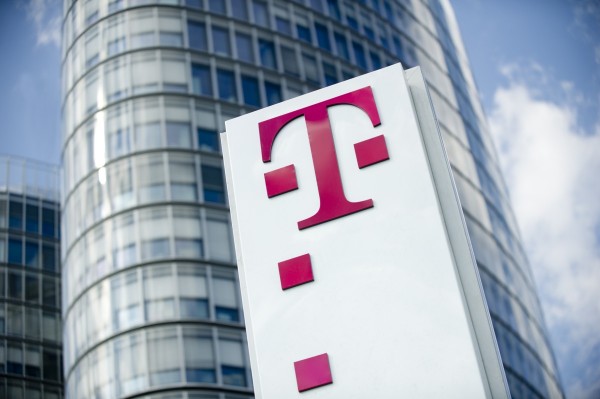 Hrvatski Telekom (HT) and Vipnet have expressed contrasting visions as to the future of the telecom market in Croatia.
Hrvatski Telekom (HT) and Vipnet have expressed contrasting visions as to the future of the telecom market in Croatia.
However, speaking at a PwC conference in Zagreb on trends in telecommunications in 2016 and quoted by Poslovni, its respective heads Davor Tomaskovic and Jiri Dvorjancansky both agreed that 2015 was the seventh consecutive year of a crisis and also a watershed. Indeed, it was the first year since 2008 that the telecom market had stabilised. Even so, the market was worth HRK10.9 billion (€1.42 billion) in 2014, which was less than 10 years earlier.
This fact alone means the two leading players in the Croatian telco market have contrasting visions as to its future.
HT’s Tomaskovic said he did not expect state money from EU funds would be used to build a new national long-distance optical network, adding that the incumbent had invested HRK1.3 billion last year in a mobile LTE network and fibre optics. “We expect the government to facilitate investment, and we are one of the biggest investors in the country and despite the fact we have an infinite number of problems”.
Tomaskovic was also critical of Vipnet when he said that coaxial cable infrastructure is not regulated in Croatia.
Meanwhile, Dvorjancansky said there must be alternatives to the services provided by the incumbent otherwise there would be imbalances in market, as was currently seen in the fixed sector.
He also said that everyone should ask whether it was good for one operator to account for 80% of the market and what this did to the cost of fast internet access.